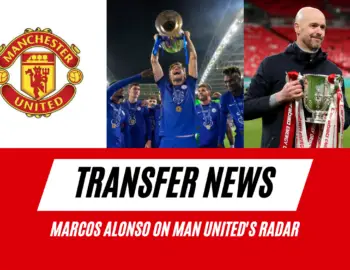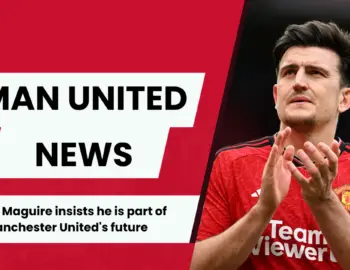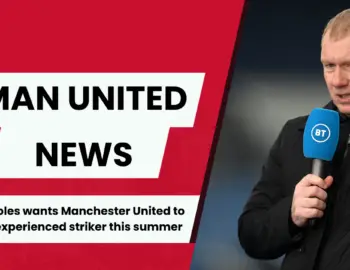 Is there such thing as loyalty in football these days?
Is there such thing as loyalty in football these days?
The likes of Ryan Giggs, Paul Scholes, Francesco Totti are all in the twilight of their careers and while there are still a few one-club men out there, with the exception of players such as Steven Gerrard, Iker Casillas and Carles Puyol who are unlikely to move anywhere but their respective clubs, the loyalty is largely gone.
Of course, there are other names that could be mentioned, but there are too few in a field of many.
What got me thinking of the subject at first was Pep Guardiola’s imminent move to the Bundesliga with Bayern Munich for the start of the 2013-14 season. After four years at the Nou Camp with Barcelona, Guardiola left the club for a year-long sabbatical and turned his back on one of the biggest clubs in the world.
I don’t really want to label one of the world’s best managers as disloyal but I can’t help but wonder why he’s only signed a three-year contract at Bayern, unless it’s because he would want another challenge after that time has expired but there could be any number of reasons, ranging from an option to extend or board satisfaction.
Speaking of the boardroom, most of football’s hierarchy is only in it for the money and become disgruntled a little too easy with their employees. Chelsea’s Roman Abramovich has hired and fired 10 managers since he took over the club in 2003 and just recently Southampton sacked Nigel Adkins after he guided them from League One to the Premiership in just 28 months only to replace him with an Argentine who cannot speak English, which has rightly caused outrage amongst many football supporters, players and managers.
And so I come full circle to the players once more. It’s a given fact that if a player wants the money, they will sign for Manchester City or Chelsea in England and nothing is going to change the greed factor.
When City signed Robinho in 2008 even he didn’t know which club he had signed for when he said he was happy to play for Chelsea. So why is it different at Old Trafford?
The prestige and history of the club is a major factor and you know that when players sign for Manchester United that they’re not doing it for the money which they can, no doubt, earn more of elsewhere at a club which throws money at players.
Robin van Persie didn’t come to United for the money; if he wanted that he’d have chosen City – and that’s the difference between a player like Van Persie and a player like Samir Nasri. It’s also why a lot of players stay at Old Trafford, whereas with the likes of Chelsea and City, it’s a revolving door.
United wouldn’t have ditched a quality player like Frank Lampard and Chelsea wouldn’t have either before 2003 when they didn’t have a sugar daddy to buy players for them.
How many of the current crop of City players will still be there 10 years from now? How many of Chelsea’s will be? You can probably count them on one hand.
By Jay @Jarisleif






If you got offered more money in a different company for doing the same job, will you still remain in your current lower-paying job? How is it different from footballers in that sense? Samir Nasri left Arsenal for the money and he won the Premier League and FA Cup title in his new club.
If you flip the tables than isn't it the club's duty too to hold on to their home-grown youngsters instead of selling them to the lower leagues/other clubs like United does? Why isn't the club being loyal to their players? Shows you that this issue of loyalty is fraught with bias and loopholes that isn't worth the time ranting about. Clubs need to buy/sell players to win/survive. That's why there's a transfer system…… We honour one-club players but they're very few in the world anyway. Not everyone can be like them. Enough with this loyalty rubbish.